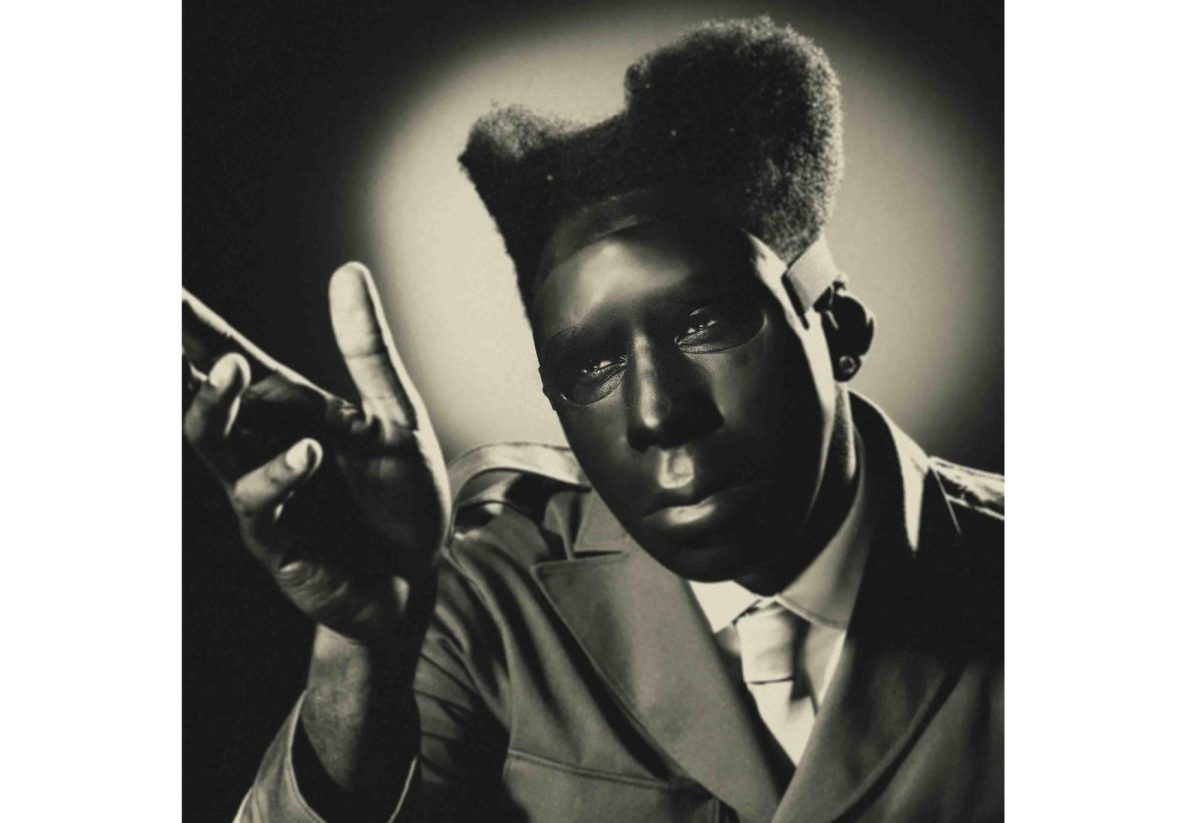October has arrived, and with the fun and games of Halloween comes the more sinister date of Oct. 13, which is this year’s date of the infamous Friday the 13th. But is there an actual reason behind the superstition of this specific date? Is there any reason to actually avoid going out and about? Beyond the highly unlikely event of a reincarnated drowned boy seeking revenge on you in a hockey mask if you’re a camp counselor, we’re going to look into the roots of this superstition and why the date is more superstition than fact.
As for the roots of such superstition, many equate such irrational fear to religion: specifically, Christianity. There is historical significance to 13 being unlucky for Christians in examples such as how Judas was the 13th guest of the Last Supper.
John Roach of National Geographic puts context to other beliefs of Christians that may stem this fear of the number 13 even further.
“As for Friday, it’s well known among Christians as the day Jesus was crucified. Also, some biblical scholars believe Eve tempted Adam with the forbidden fruit on Friday. Perhaps most significant is a belief that Abel was slain by his brother Cain on Friday the 13th,” Roach said.
While this spiritual connection to superstition can certainly have an influence on how people think about Friday the 13th, a broader understanding on how people act can be seen directly in areas like their driving and other activities that could be considered hazardous.
Researchers from the University of Notre Dame presented a brief study on the actual unluckiness of the day by comparing the amount of people out and about on Friday the 13th and the week before each year to the amount of accidents and hospitalizations that corresponded.
The data found, in short, that while there were less people out and about, there were more accidents on average on Friday the 13th than there were the week before.
But does this have anything to do with the superstition? While there may be more accidents on the road, this doesn’t necessarily point to overhanging misfortune. After all, it is well known that Jan.1 is often the deadliest day of the year as a result of common issues like drunk driving, which not only causes hospitalizations, but many deaths. And yet, this sort of superstition does not follow Jan. 1 like it does the sometimes multiple Friday the 13ths that appear throughout the year.
While Friday the 13th can sometimes be unlucky, it has a remarkably small impact on the actual amounts of death in a year. Especially from something as uncommon as a betrayer at your dinner party. In fact, the CDC quotes 9 of 10 of the most likely causes of death in 2022 as being underlying health issues, like heart disease, cancer, and Covid-19 cases. And the reality of shrinking that sample down to a maximum of 3 days across a year? You are more likely to die in the 362 other days of a year than the maximum of 3 Friday the 13th’s that you may encounter.
So while there are some historically significant, as well as spiritually significant connections to the number 13 and being unlucky, a majority of the time nowadays, you are no more at risk on this specific day than any other day. In fact, there is a high chance that some activities, like driving, may be more safe than other days, as there are likely to be less cars on the road.
That is, of course, assuming you follow all traffic rules and don’t endanger anyone yourself.
So, should you be worried about this upcoming Friday the 13th? No. Spend the day frolicking with your friends and family. Enjoy a spooky movie during the chilling days of October or a nice evening drive with the subdued traffic on the road. Leave the fear of this specific date to teenagers in overly dramatic and gruesome 80’s films.
And please, have a wonderful rest of your spooky month!





































